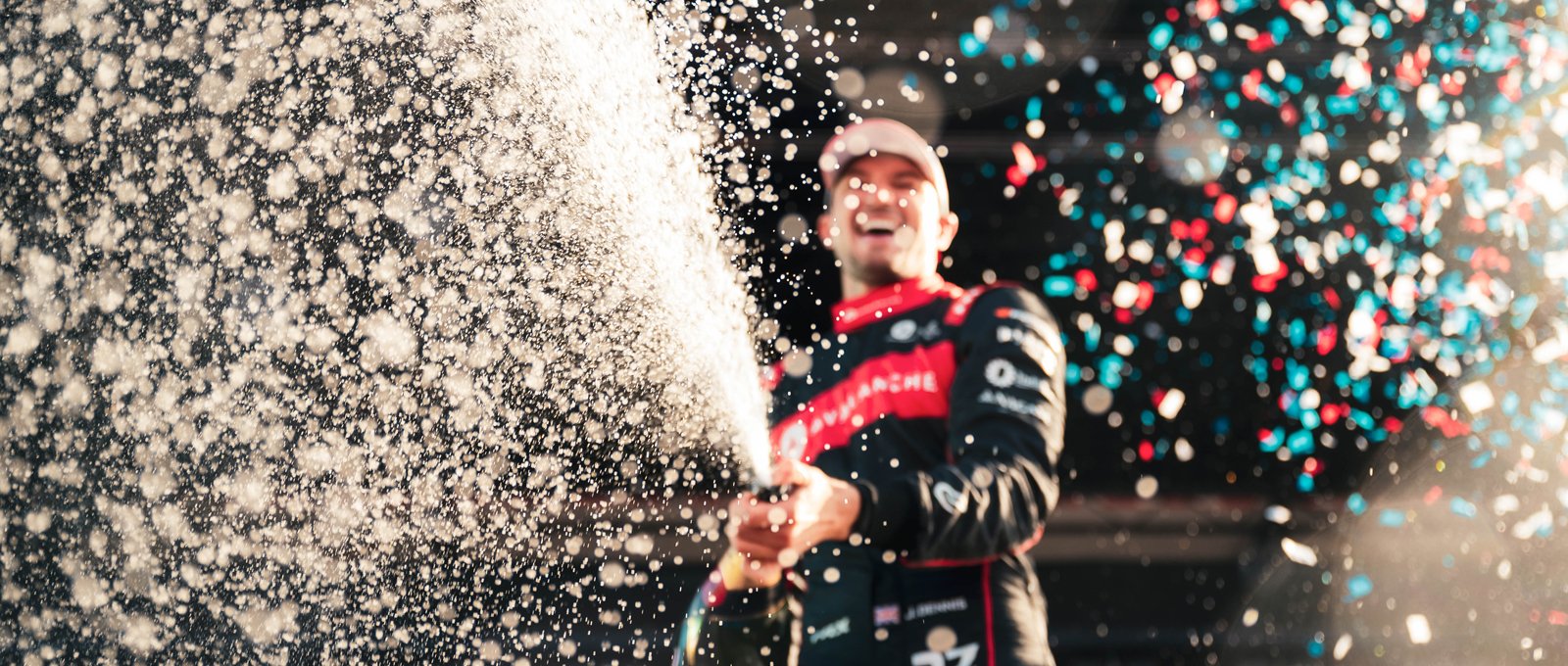Interview with Jake Dennis, Avalanche Andretti Formula E driver
Jake Dennis, Avalanche Andretti Formula E driver currently leading the Championship for Season 9, spoke with us about his experience in Formula E.
Ahead of the Hankook Rome E-Prix 2023, the penultimate round of the Formula E Championship taking place in the Eternal City - just two weeks before the London finale - we had the pleasure of interviewing Jake Dennis, Avalanche Andretti Autosport team’s driver.
Officially acknowledged as the fastest driver in Season 9 with the greatest number of Fastest Laps (4), Jake Dennis shared with us some technical insights about racing and his experience as a Formula E driver.





